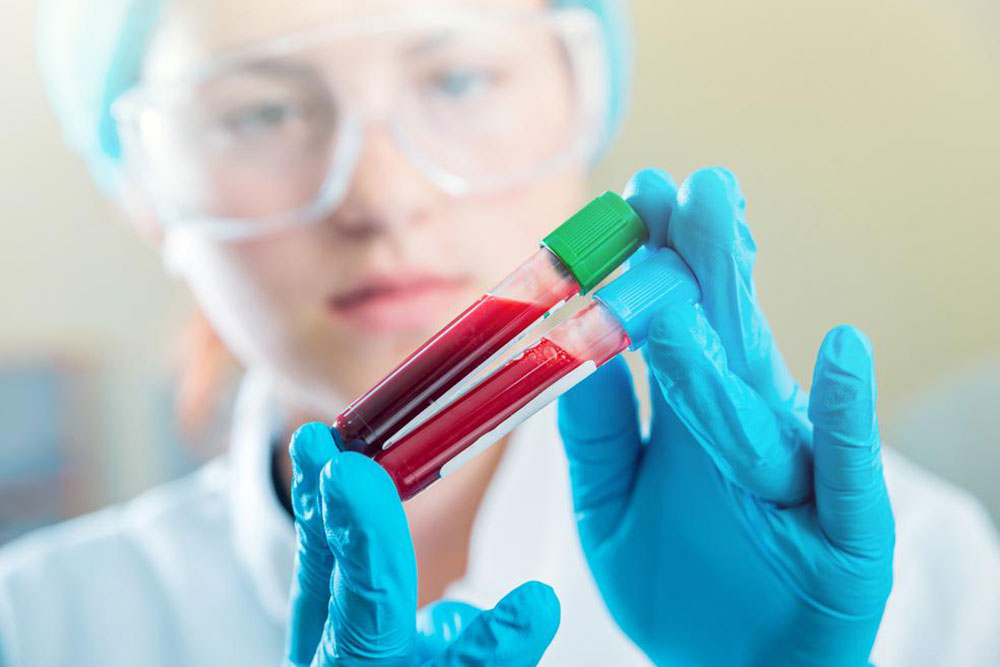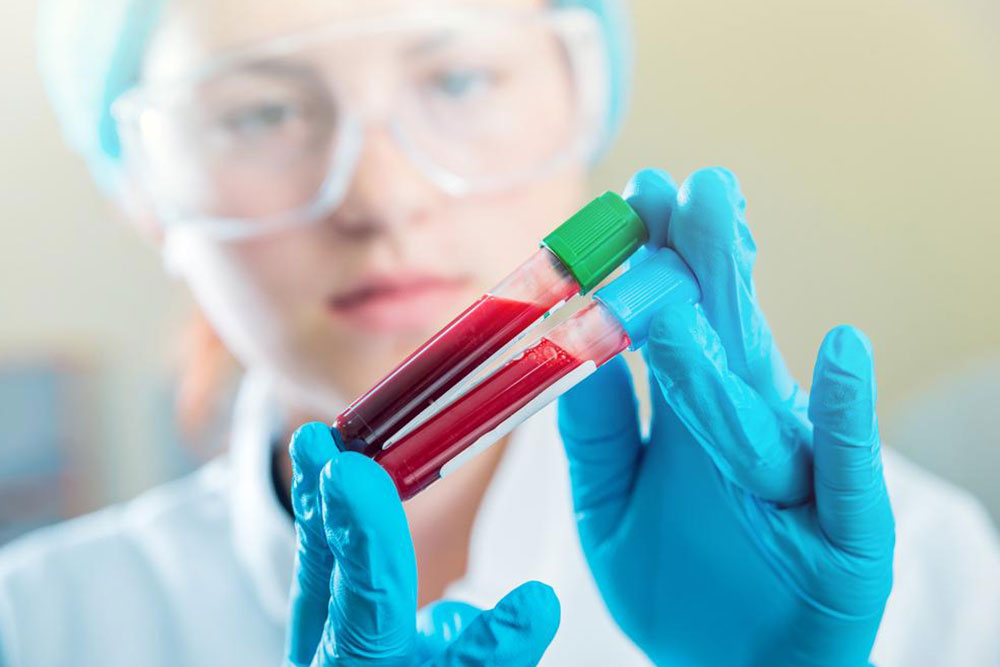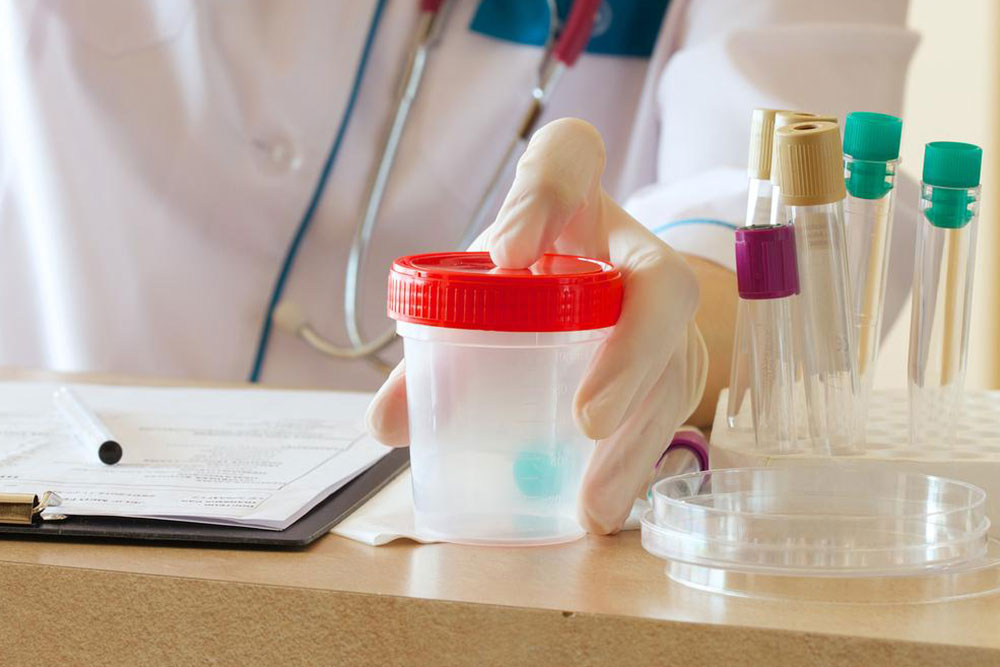Comprehensive Guide to Maintaining Healthy Creatinine Levels for Optimal Kidney Function
This comprehensive guide emphasizes the importance of maintaining healthy creatinine levels to ensure kidney health. It explains what creatinine is, why monitoring it is crucial, and how normal ranges can indicate overall well-being. The article highlights the impact of elevated levels, common causes, and preventative measures, providing insights into early detection and management of kidney-related issues. Regular testing, lifestyle changes, and medical advice are essential for maintaining optimal creatinine levels, preventing renal failure, and promoting long-term health.

The Crucial Role of Creatinine Monitoring in Overall Health
In the realm of health diagnostics and preventive care, various biomarkers and parameters are routinely monitored to ensure the body's internal systems are functioning properly. Among these, blood pressure, blood sugar levels, and renal function indicators like creatinine are fundamental. While the significance of maintaining healthy blood pressure and glucose levels is widely recognized, the importance of monitoring creatinine—a key indicator of kidney health—often remains underappreciated by many. Understanding what creatinine is, how it reflects kidney function, and why maintaining it within normal ranges is vital can significantly impact your overall health and early detection of potential kidney problems.
What Exactly is Creatinine?
Creatinine is a waste product that results from the natural process of muscle metabolism. Every time your muscles contract and utilize energy, a small amount of creatine is broken down into creatinine. This by-product is constantly produced by the body at a relatively stable rate, proportional to muscle mass. Since muscles naturally generate creatinine, individuals with more muscle mass tend to produce higher levels than those with less muscle mass. Under normal circumstances, the body efficiently manages this waste through the kidneys, which filter creatinine out of the bloodstream, excreting it via urine. This efficient filtration process is crucial because it helps prevent the accumulation of waste products that could be harmful.
Why Maintaining Normal Creatinine Levels Is Vital
Just like blood pressure and blood sugar, maintaining appropriate creatinine levels is a reflection of your body's ability to function properly. Elevated creatinine levels often indicate that the kidneys are not filtering blood effectively, which can point to underlying kidney damage or disease. Conversely, excessively low creatinine levels are rare but may indicate decreased muscle mass or certain malnutrition conditions.
High creatinine can result from a variety of health issues, including chronic kidney disease, dehydration, or conditions that impair renal blood flow. Detecting elevated creatinine early through routine blood tests allows healthcare providers to diagnose potential kidney issues before they progress to more severe stages, such as chronic kidney failure. If left untreated, impaired kidney function can lead to life-threatening complications, requiring dialysis or transplantation.
Given the critical importance of kidney health, regular monitoring of creatinine levels provides valuable insights. It acts as an early warning system, prompting timely intervention and lifestyle adjustments to prevent renal deterioration. Several factors influence creatinine levels, including age, gender, muscle mass, diet, and overall hydration status, underscoring the importance of personalized interpretation of test results.
Understanding normal ranges and their significance is essential. Creatinine levels are measured either via blood tests or urine tests, and each provides different insights into kidney function. Normal values vary across populations, with specific ranges for men, women, children, and teenagers.
Normal Creatinine Ranges in Blood Tests:
Men: 0.6 to 1.2 milligrams per deciliter (mg/dL)
Women: 0.5 to 1.1 mg/dL
Teenagers: 0.5 to 1.0 mg/dL
Children: 0.3 to 0.7 mg/dL
Normal Creatinine Clearance in Urine Tests:
Men: 107 to 139 milliliters per minute (mL/min)
Women: 87 to 107 mL/min
Maintaining these ranges is essential for preserving kidney health, preventing the progression of renal diseases, and ensuring overall metabolic balance. If your test results indicate elevated levels, it is crucial to consult a healthcare professional promptly to identify the underlying causes and initiate appropriate treatment strategies.In addition to medical management, lifestyle modifications such as adequate hydration, a balanced diet, and managing underlying conditions like hypertension and diabetes can help maintain optimal creatinine levels. Regular health screenings and kidney function tests are advisable, especially for individuals at higher risk due to age, family history, or existing health conditions.
Ultimately, awareness and proactive health measures regarding creatinine levels empower individuals to safeguard their renal health, prevent potential complications, and maintain a high quality of life. The kidneys play a vital role in filtering waste, regulating blood pressure, and balancing bodily fluids—functions that are crucial for overall health and well-being.





